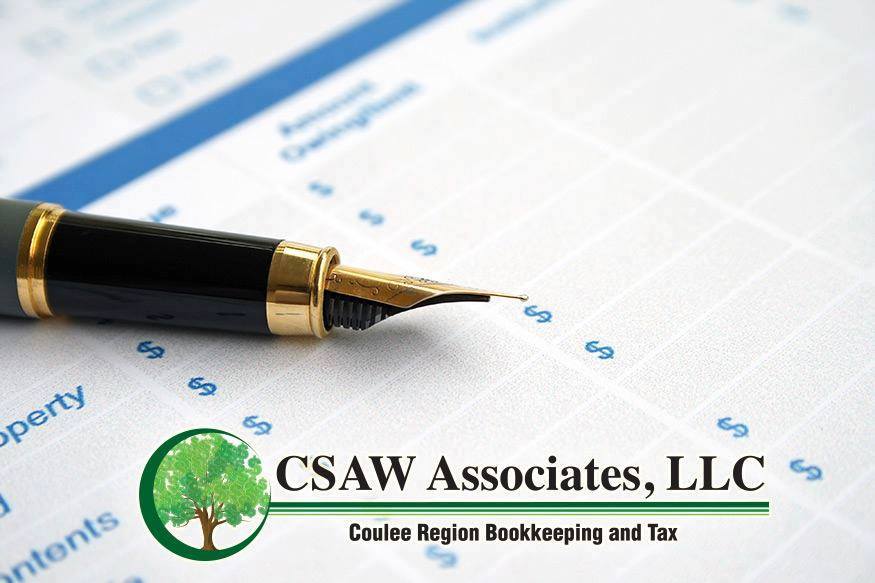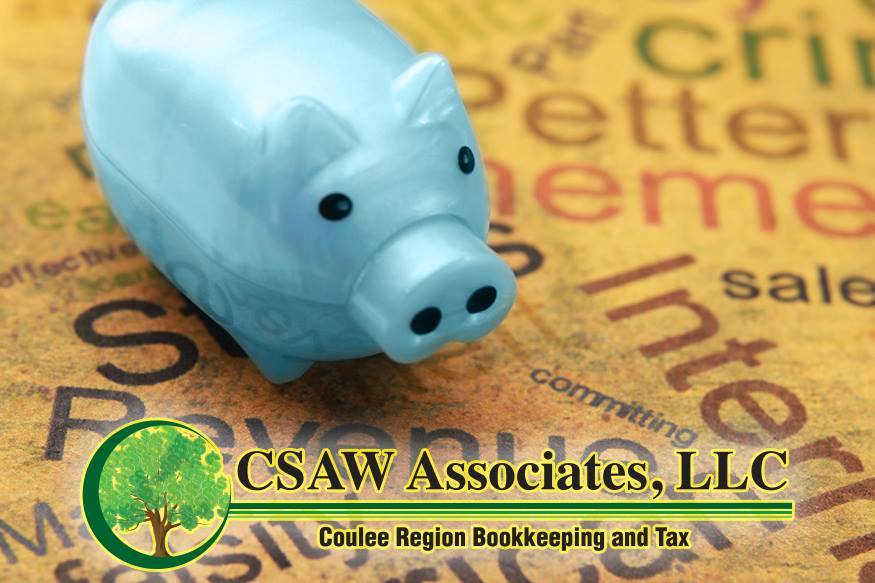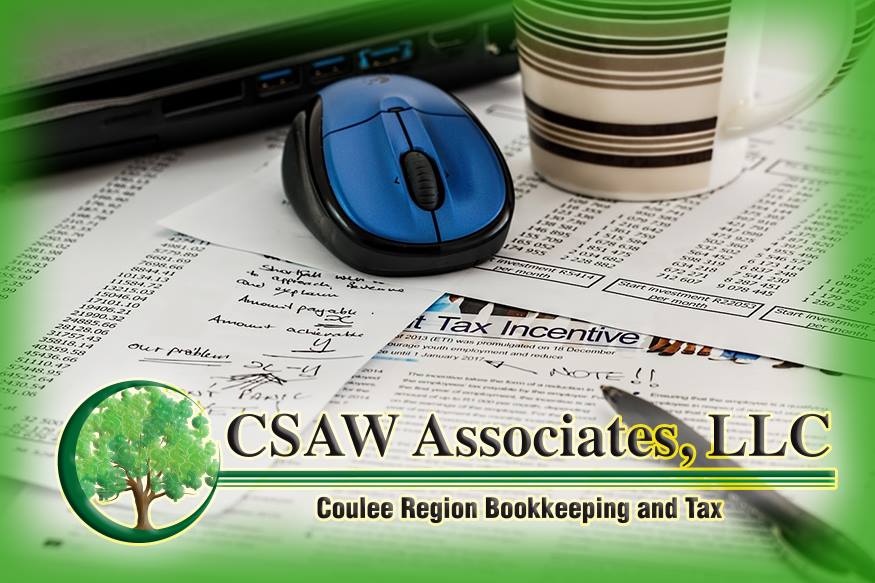Tax Considerations of a Chapter 11 Bankruptcy Filing
Chapter 11 bankruptcy is a form of bankruptcy that can be filed by businesses or individuals. Its goal is to give the filer time to reorganize and reduce their debt rather than discharge it. Under this type of bankruptcy, businesses can continue to operate, and individuals can keep certain assets that might otherwise be sold under a different type of bankruptcy.
Going through a Chapter 11 bankruptcy process doesn’t necessarily guarantee that any tax debts will be reduced or discharged, and it doesn’t get the debtor out of current and future tax obligations and filing requirements.
Tax Filing and Payment Requirements When Chapter 11 Bankruptcy Has Been Filed
Regardless of the type of bankruptcy filed, a debtor is still subject to Federal income tax laws and must continue to file tax returns in a timely fashion. Failing to file returns can result in conversion of the bankruptcy to a different type, or even dismissal of the proceedings.
In general, debtors under Chapter 11 bankruptcy should not incur additional debt during the process. They must also make sure they are capable of meeting financial obligations moving forward, including paying taxes due in a timely fashion.
Under bankruptcy law, when an individual debtor files a bankruptcy petition under Chapter 11, a separately taxable bankruptcy estate is set up to take ownership of the debtor’s assets. A separate tax return is required to be filed for that estate, and any taxes due must be paid in a timely manner. This is in addition to the individual tax return and liability that the debtor is required to file and pay. The return must be filed by the trustee of the estate, who in some cases is the bankruptcy filer.
Can Tax Debt Be Forgiven in Chapter 11 Bankruptcy?
The rules surrounding the ability to reduce or discharge tax debt in Chapter 11 bankruptcy can be complicated, but in general, three elements must be satisfied for tax debt to be dischargeable:
- Taxes can’t be discharged until at least three years after they were due. Example: 2016 taxes were due in April 2017, so they would not be dischargeable until April 2020.
- A tax return for the taxes owed must have been filed at least two years before bankruptcy. Example: if the 2016 return was filed late or not filed until 2019, the tax wouldn’t be dischargeable until 2021.
- The taxes must have been assessed within 240 days (roughly eight months) before the bankruptcy filing. In the case of an audit where taxes were reassessed, you would need to wait until 240 days after the audit for the taxes to be dischargeable.
Note that any taxes a debtor attempted to evade willfully as well as penalties for tax fraud are never dischargeable. Also, even if taxes are discharged, a tax lien will remain on the debtor’s property if the IRS recorded it prior to the bankruptcy filing.
Other Considerations
In some situations, the IRS considers canceled debt taxable income, but NOT in the case of Chapter 11 bankruptcy. So, if taxes that were owed are discharged as part of the bankruptcy process, the forgiven amount will not need to be reported as taxable income on your tax return.
If a taxpayer is considering Chapter 11 bankruptcy due to unpaid tax debt, it may be worth exploring other options first, like entering into an installment agreement or offer-in-compromise with IRS. There are fees associated with an installment agreement and penalties and interest continue to accrue, and IRS won’t always accept an offer in compromise, but these are other possible alternatives.
As always, due to the complicated rules surrounding bankruptcy and taxes, it’s important to get legal advice from a bankruptcy lawyer when deciding whether filing for Chapter 11 bankruptcy is the right choice or not.



